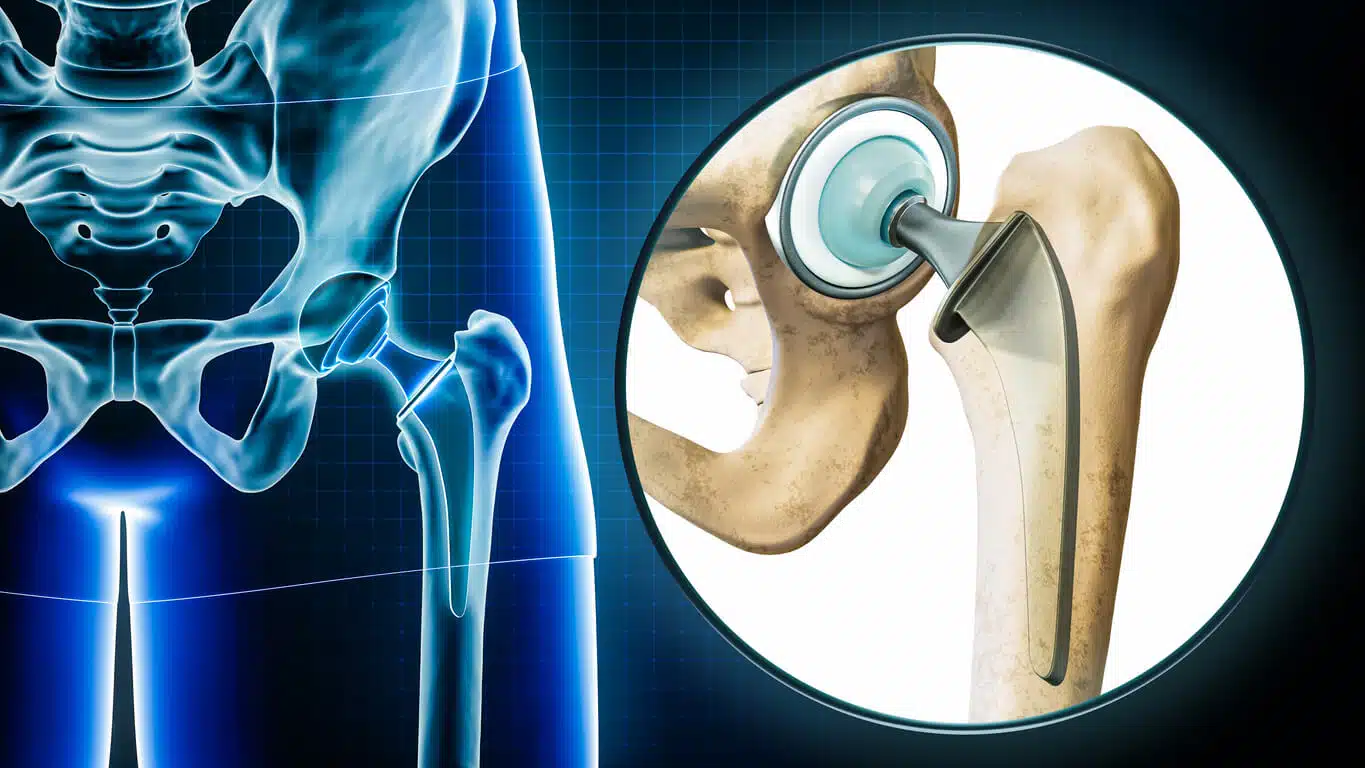
Hip replacement surgery can change your life. It can help you move better and have less pain. But, like any surgery, it comes with risks. Knowing how to avoid complications is important. Let’s discuss what you can do to recover well and stay healthy after your hip replacement surgery.
What Is Hip Replacement?
Hip replacement is a surgery to fix a damaged hip joint. In this surgery, a doctor removes the old, damaged parts of the hip and replaces them with new, artificial parts made of metal, plastic, or ceramic.
Orthopedic surgeons usually perform this surgery when other treatments, such as medicine or physical therapy, have failed. It is a common procedure that can improve the quality of life of patients suffering from severe hip arthritis, bone loss, and other conditions.
Avoiding Complications after Hip Replacement
Here are some tips to follow to avoid complications after your hip replacement surgery:
-
Follow Your Doctor’s Instructions
Following your surgery, your doctor will provide you with detailed instructions. These instructions may include taking specific medications, participating in physical therapy, and avoiding certain activities.
Be sure to follow these instructions meticulously. Doctors design them to optimize your healing process and minimize complications.
-
Keep Moving, But Carefully
Exercise is key to recovery. It helps your new hip move properly and prevents blood clots.
Gentle exercises like walking and specific hip movements suggested by your physical therapist are essential. However, avoid high-impact activities like running or jumping until your doctor says it is okay.
-
Watch for Signs of Infection
Infections can be serious after surgery. Keep an eye on your incision site for redness, swelling, or pus. Also, watch for fever or chills. If you notice any of these signs, contact your doctor right away.
-
Eat Healthy Foods
Eating a balanced diet helps your body heal. Make sure to eat vegetables, fruits, whole grains, and lean proteins. Stay hydrated by drinking lots of water.
A healthy diet can also help you maintain a healthy weight, which reduces stress on your new hip.
-
Take Care with Blood Thinners
Blood clots are a risk after hip replacement surgery. Your doctor may prescribe blood thinners to prevent this. Take them exactly as directed.
Also, avoid sitting or lying down for extended periods. Move around every hour if you can.
-
Use Support When Needed
Using a cane, walker, or crutches can help you get around safely during the initial stages of recovery.
These supports can prevent falls, which can damage your new hip. Your physical therapist can show you the right way to use these aids.
-
Avoid Certain Movements
Certain movements can cause your new hip to dislocate. Avoid crossing your legs, bending your hip more than 90 degrees, or twisting your leg inward.
Your physical therapist will guide you on safe ways to move.
-
Go to All Follow-Up Appointments
Regular check-ups with your doctor are essential. These appointments let your doctor monitor your healing and catch any issues early.
Be sure to attend all scheduled appointments and ask any questions you have about your recovery.
How Your Hip Surgeon Can Help You
Your hip surgeon is a key part of your recovery team. Here is how they can support you:
Personalized Care Plan
Your hip surgeon will create a care plan just for you. This plan will include which exercises to do, what activities to avoid, and how to take care of your incision.
Monitoring Your Progress
Regular check-ups with your surgeon are especially important. During these visits, your surgeon will check how well your hip is healing. They may use X-rays or other tests to make sure everything is in place.
Expert Advice on Movements
Your surgeon knows which movements are safe and which ones to avoid. They can show you the best ways to sit, stand, and sleep without hurting your new hip.
Pain Management
Pain is normal after surgery, but your surgeon can help keep it under control. They might prescribe pain medications or suggest other ways to reduce pain, like ice packs or specific exercises.
Infection Prevention
They will give you instructions on how to keep your incision clean and what signs of infection to look for. If an infection does occur, your surgeon can address it quickly to prevent serious problems.
Guidance on Medication
After surgery, you may need to take different medications, like pain relievers or blood thinners. Your surgeon will explain how to take these safely and what side effects to watch for.
Encouragement and Support
Recovering from surgery can be tough, but your surgeon is there to support you. They can answer your questions, reassure you when you are worried, and celebrate your progress.
Hip Replacement Post-Op Care in North Dakota
The Bone & Joint Center in North Dakota can help you prevent post-op complications. Our team of highly skilled board-certified orthopedic surgeons has established a strong reputation for delivering exceptional treatment outcomes and the best patient experience.
To schedule your personalized consultation with one of our providers, call us today at (701) 946-7400/(866) 900-8650 or use our appointment request form.
Let us be your trusted healthcare partner in your hip replacement recovery. We look forward to serving you!

